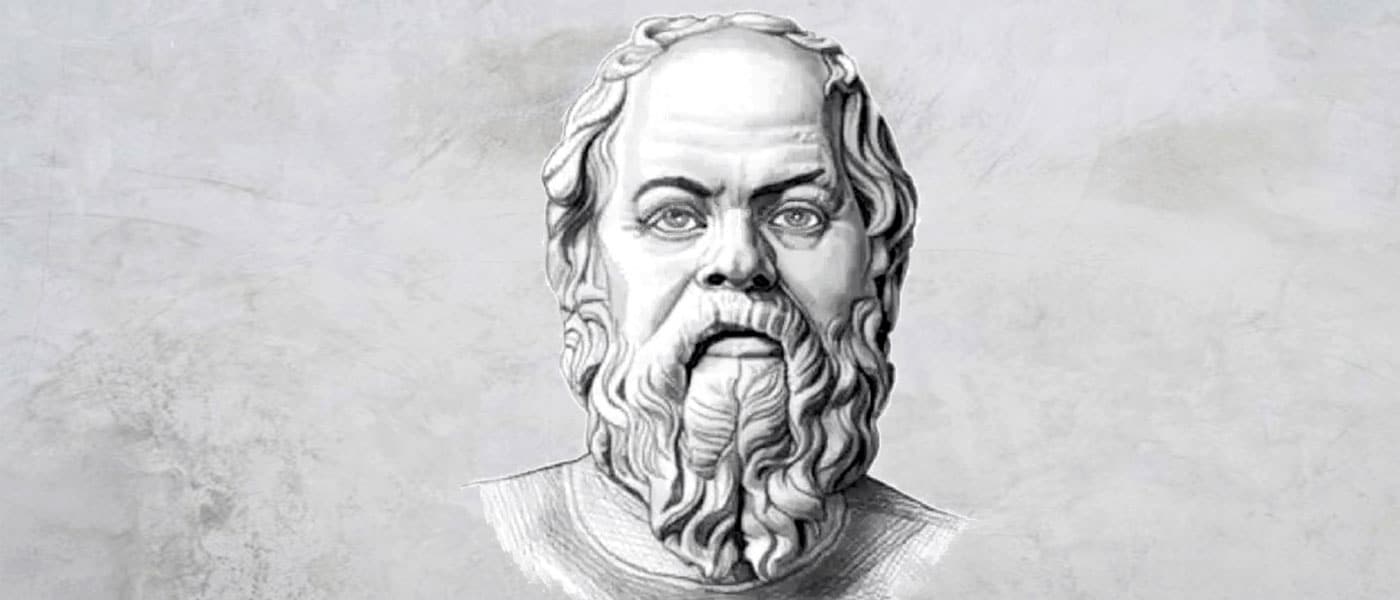
Ethical dilemma: how important is the truth?
Opinion + AnalysisRelationships
BY Matthew Beard The Ethics Centre 16 JUN 2017
Someone I know has just told me that the wife of a very good friend had an affair a few years ago.
The thing is that they seem very happy together, as do their children, and they are a solid family unit. The source of information is good, in that I can trust the person telling me, but he heard from someone else rather than ‘knowing’ for himself. What to do now that I have this information? Do I follow the lead to the original source to find out if it’s true? Do I confront my friend’s wife? Tell my friend? Forget about it altogether? If it isn’t true, I risk looking like an idiot; if it is, I risk breaking up a marriage and family. How important is the truth?
It’s tempting to say “this is none of your business – this is a matter for the person who had the affair to own up to”, but I’m not convinced by that. By saying nothing, you’re still making a decision to withhold potentially life-changing information from someone.
Let’s say that if your friend knew of the affair, they’d leave their wife, decide to stop sleeping with them or whatever. By withholding that information, you’re preventing them from making a choice they would otherwise make, which they have the right to make and which might be in their best interests. That’s a serious responsibility to take on, so you’d need to have pretty good reasons to justify saying nothing.
One such reason might be uncertainty. You say you’ve had this information given to you by a trustworthy source, but your source got that information as gossip. So, the question isn’t ‘can I trust my source?’; it’s ‘can I trust gossip?’
Your source might have good reasons to trust that gossip – you should ask what they are. If there aren’t any special circumstances, it’s hard to see on what basis you’d believe the allegations.
Now you’re wondering whether you need to investigate further. You’ve been told something but it’s an unreliable source – should you go out and find a more reliable source to make a decision one way or the other?
If you do decide to pursue the source further, it’s important you recognise exactly what that means. You’ve been told something is true, realised the source is unreliable and then decided it’s your job to try to find another source that proves it to be true. That’s not an impartial way to make the decision.
Most people would think if you only have one source of evidence for a claim and that evidence is bad, then you no longer have any reason to believe the claim. To keep looking for new evidence to prove the claim true is what psychologists call ‘confirmation bias’.
Still, if you have a close enough relationship to your friend you might be willing to fly in the face of reason and leave no stone unturned. But it would be wrong to say you’re obliged to investigate further: there’s just not enough evidence for that.
This article originally appeared in New Philosopher issue #17 on Communication.
Ethics in your inbox.
Get the latest inspiration, intelligence, events & more.
By signing up you agree to our privacy policy
You might be interested in…
Big thinker
Relationships, Society + Culture
Big Thinker: Socrates
Big thinker
Politics + Human Rights, Relationships
Big Thinker: Dennis Altman
Opinion + Analysis
Relationships
On saying “sorry” most readily, when we least need to
Opinion + Analysis
Relationships, Society + Culture




